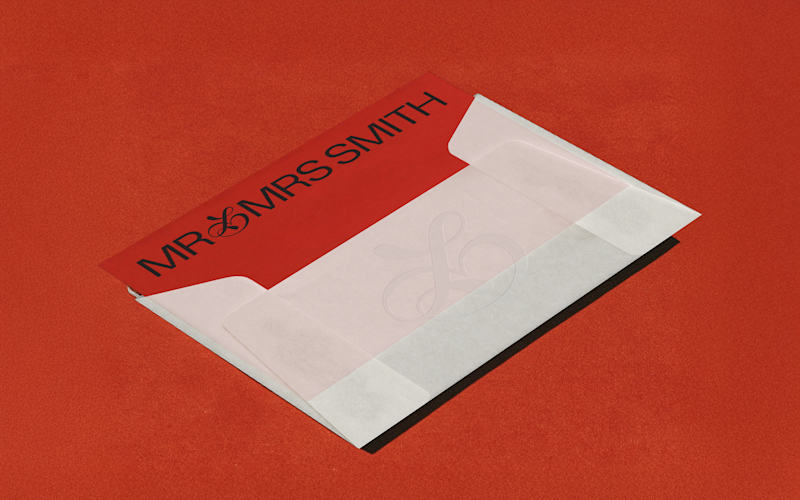Need to know
Rooms
Five suites, each taking up a whole floor of the Casa’s three restored mansions, and one room.
Check–Out
11am. The earliest check-in is at 2pm. Both are flexible, subject to availability and on request.
More details
Rates include a typically hearty breakfast of homemade and local treats. A two-night minimum stay is required.
Also
The hotel has a rocky hillside setting and steep stone steps leading up to the entrance, so it’s not ideal for guests with reduced mobility; however, there is a drive-up entrance to one of the levels further back.
Hotel closed
The casa is open for the summer season, from the beginning of May to the end of October.
At the hotel
Terraces for dining and drinks; lounge; charged laundry service; and free WiFi. In rooms: Nespresso coffee machine (tea-making kit available on request), minibar (with the first round of drinks free), beach hats and bags, flip-flops, free bottled water, and Olive Era bath products.
Our favourite rooms
We chose the most colourful characters for our favourite rooms: Suite Bleue for its private terrace and elegant shuttered windows all around, and Suite Hamra (‘red’ in Arabic) for its especially warm ambience, sitting area with a slouchy cushioned couch and on-high views.
Packing tips
Bring shoes fit for clambering about rocky terrain and a few gentle pastimes: doorstop novels, travel Scrabble…
Also
If you’re taken with the hotel’s hemp linens, you can get your own at the Papilio shop in Kaş over in mainland Turkey, if you’re coming or going that way.
Pet‐friendly
Dogs are welcome in any room for €15 a night, but no extras are provided, so make sure Fido has his own little suitcase stocked with the essentials. See more pet-friendly hotels in Kastellorizo.
Children
Children of all ages welcome. Under fours can stay for free and children aged 4 to 13 can stay for €50 per night. A baby cot can be added to the Family Suite and a baby cot or extra bed can be added to Hamra or Bleue suites.
Sustainability efforts
Considering the hotel is set on one of Greece’s most remote isles, efforts to operate sustainably are impressive. Construction used largely natural materials (walls built using local limestone, sand and water; organically pigmented paint from nearest island Rhodes; reclaimed wood for doors and furnishings); traditional building techniques were adhered to; solar panels are used for heating; and food is either sourced on-island or from Rhodes or Kaş, the nearest mainland town in Turkey. And leftovers are salvaged where they can be, say, using fruit to make jams.




